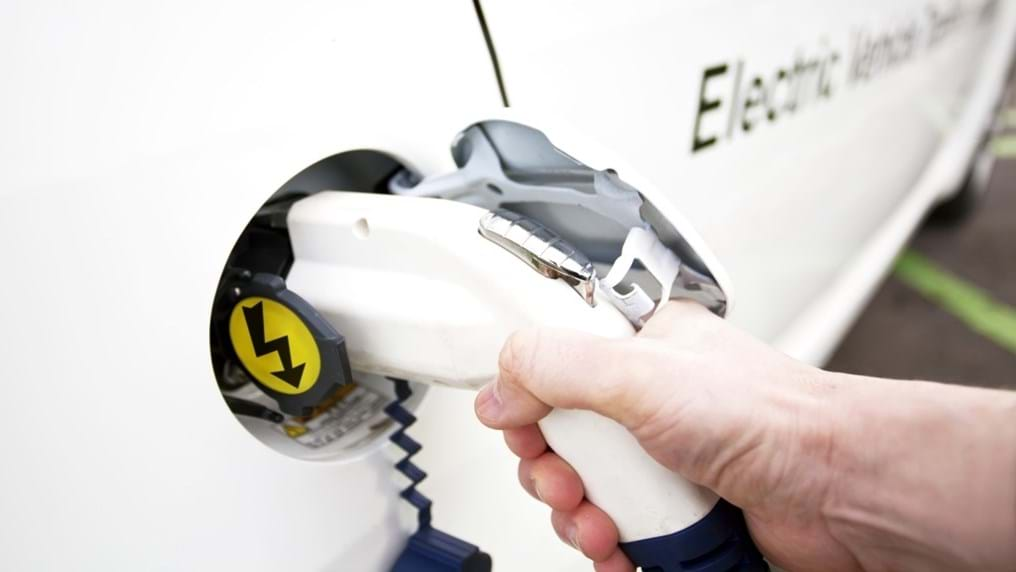Day 13: Looking into the crystal ball

9th June 2014
Author: Geoff Maitland, IChemE President 2014–2015.
As a professor of energy engineering at Imperial College London I am often asked about the future. What we know for sure is that there is going to be major change with climate change, dwindling fossil fuels and an extra two billion people on the planet all playing their part in the various scenarios and possibilities.
There are other factors too, but it's always interesting to look into the crystal ball through the eyes of some of the various stakeholders in the chemical and process industries.
Earlier this year Shell produced a report called New Lens Scenarios - a shift in perspective for a world in transition. In the report, Shell forecasted the end of the gas guzzler by 2070.
Shell said: "By 2070, the passenger road market could be nearly oil-free. Towards the end of the century an extensive hydrogen infrastructure roll-out displaces oil demand for long haul and heavy loads. By this time, electricity and hydrogen may dominate, and affordable, plug-in hybrid hydrogen vehicles may offer the ultimate in flexibility and efficiency."
It's a huge transformation, in a relatively short time-frame, for one of mankind's most ubiquitous and important inventions - the car.
Helping to lead the charge for change are chemical engineers. The mitigation of climate change won't happen without our leadership and expertise. And the planet won't function without alternative and renewable energies made by us for a growing and demanding population - another example of why chemical engineering matters.
ChemEng365 blog
Geoff Maitland launched this blog during his IChemE presidency in 2014. ChemEng365 features 365 chemical engineering successes and achievements throughout his year-long presidency.